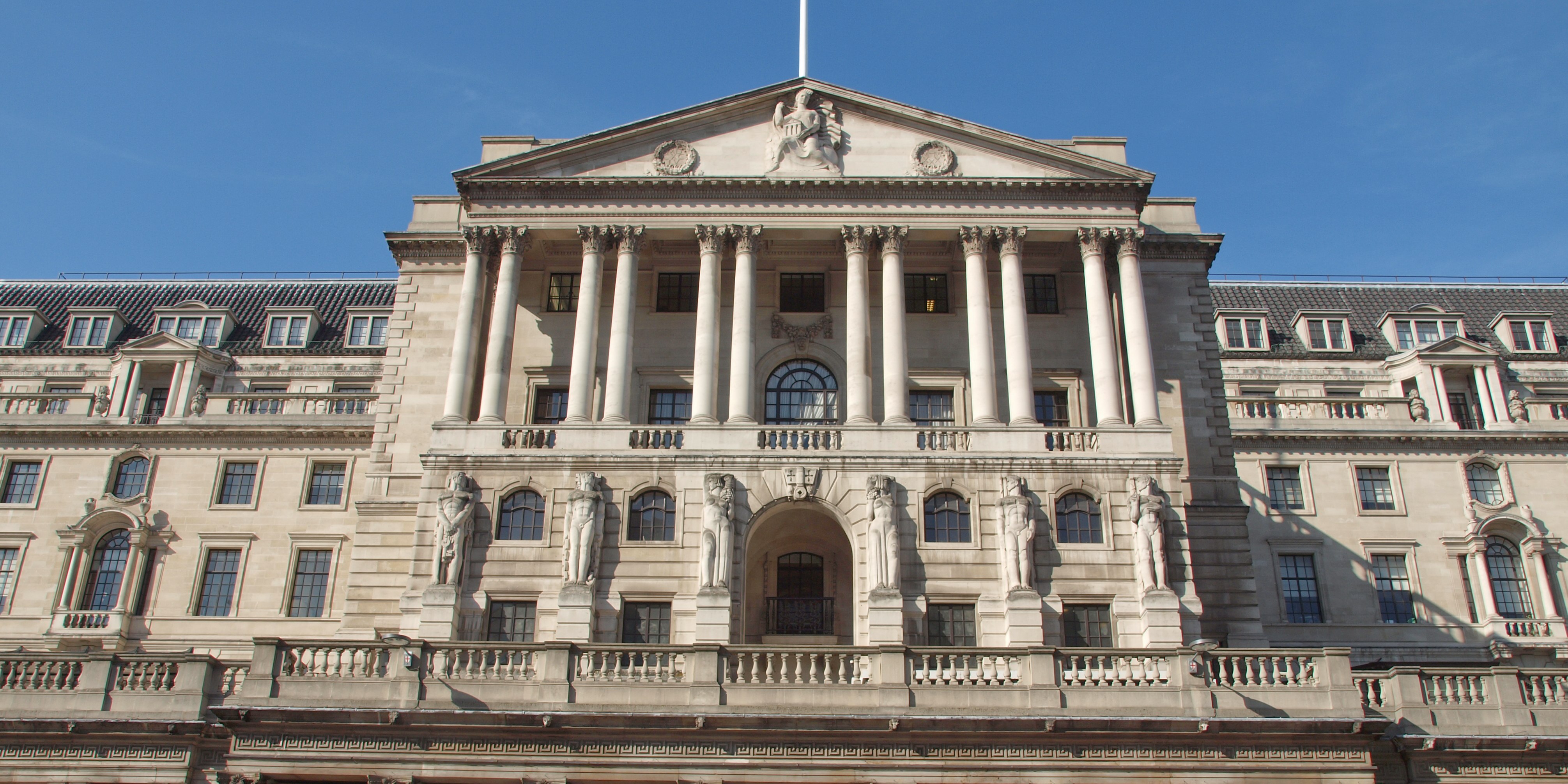
This week’s decision to maintain UK interest rates at their current level has caused concern and confusion amongst investors. Just a matter of days ago the Bank of England “gave the impression” that UK interest rates were headed lower as concerns about the UK economy continued. Fast forward to decision day and by a majority of 7-2 members of the MPC decided not to change rates. There was also more confusion with the accompanying comments attributed to Mark Carney, the outgoing governor of the Bank of England.
Business confidence returning
There is no doubt that a lifting of the political uncertainty which dominated the UK towards the end of 2019 has given businesses more vision going forward. Whether in favour of remain or leave, there is now a lot more certainty with regards to the UK’s short to medium term path. Yes, there are concerns about the longer term implications for the UK economy but at least we have a degree of certainty with regards to the short term process.
It is unclear exactly what the Bank of England is trying to do, deciding against a rate reduction yet continuing to talk down the UK economy despite an improvement in confidence.
Economic forecasts
While Mark Carney joined the Bank of England with an impeccable CV and respect from leading economist, his reputation has been tarnished somewhat during his time in the UK. Alongside the decision not to reduce UK base rates he also announced that the long-term growth potential for the UK had fallen from 2% to around 1%. This is the rate at which the UK economy can expand without generating inflation and is at odds with the Chancellor’s ambition to increase economic growth back to between 2.7% and 2.8%.
There was also a reduction in forecast actual economic growth going forward with expectations of 0.8% growth in 2020, 1.4% in 2021 and 1.7% in 2022. While not impressive, how does this compare to the European Union?
A report by the OECD just last week forecast that the UK economy would grow at a faster rate than the European Union in the short to medium term. So, if we are comparing like-for-like, then in relative terms the UK economy is stronger than the European Union, as a consequence of Brexit?
UK property prices
Expectations of a reduction in UK base rates prompted many investors to retreat to the sidelines ahead of a softening of mortgage rates. While this has not happened on this occasion, the Bank of England has left open the door to rate reductions in the short to medium term. Even though it is the role of the Bank of England to appreciate the wider picture and be alarmist where necessary, do these forecasts really align with the more upbeat vibes from the UK business sector?
It is also safe to say that UK property prices have benefited from a degree of certainty with regards to Brexit and the actual process. The UK will leave the European Union on 31 January 2020 even though nothing will change during the transitional period to 31 December 2020. UK property prices have bounced after the election, there are hopes of significantly greater government spending and while talk is cheap, the government appears willing and able to fight the U.K.’s case during EU negotiations.
These are all positive factors for the UK property market, which are supported by a strong employment market and the eternal shortfall in newbuilds properties.
Summary
It is fair to say that a reduction in UK base rates would have added additional support to the UK property market with perhaps cheaper finance more readily available. However, the decision to maintain rates at current levels must be considered in light of the stronger than expected UK economy of late. Despite the fact that the Bank of England and many economists continue to talk down the UK economy, confidence is growing and property prices have bounced.
Yes, there is uncertainty going forward but at this moment in time there is resilience in the UK property market which has not been seen for some time.

